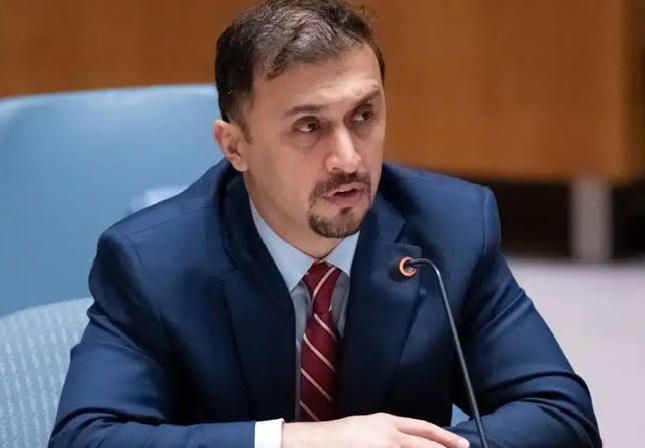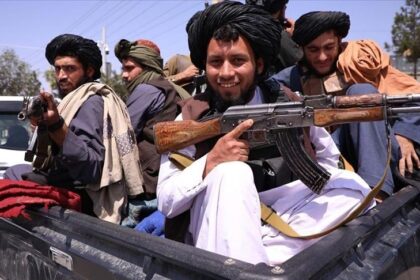RASC News Agency: In a firm and pointed statement, Nasir Ahmad Faiq, Afghanistan’s envoy to the United Nations, has condemned the Islamic Republic of Iran for its escalating campaign of forced deportations targeting Afghanistani refugees. Calling the expulsions “inhumane, uncoordinated, and reckless,” Faiq urged Tehran to uphold its obligations under international humanitarian law and to refrain from policies that deepen suffering and threaten regional stability. In a post shared on the social platform X (formerly Twitter), Faiq emphasized that the decision to expel thousands of refugees, many of whom face persecution and economic devastation in Taliban-ruled Afghanistan, is not only morally indefensible but also dangerously short-sighted. He stated unequivocally that any repatriation process must be guided by “respect for human dignity, the principles of neighborly cooperation, shared Islamic values, and Iran’s binding international commitments.”
Faiq specifically called on Iranian authorities to immediately review their treatment of former Afghanistani military and security personnel individuals who, he noted, now face serious threats of retaliation from the Taliban regime. He warned that sending such individuals back without protection mechanisms constitutes an act of “complicity in persecution.” The timing of this mass deportation campaign coincides with mounting domestic tensions in Iran and comes in the wake of its recent military engagement with Israel. Rights observers believe Tehran’s policy may reflect both opportunistic deflection and a desire to offload responsibility for a vulnerable population, now politically inconvenient.
United Nations agencies and humanitarian organizations report that as many as 30,000 Afghanistani refugees are being deported from Iran each day, overwhelming border towns and refugee reception centers. Conditions along the frontier have been described as chaotic and degrading, with returnees recounting beatings, extortion, and forced removals from homes and workplaces without legal notice or due process. Many have been separated from their families, raising grave concerns about the well-being of women and children left behind. “I was taken from my workshop without explanation,” said one returnee now stranded in Herat. “They wouldn’t let me call my wife. I don’t know if she and the children are safe.”
Rights groups, including Amnesty International and Human Rights Watch, have described the expulsions as a violation of both the non-refoulement principle and basic humanitarian decency, especially considering the dire security situation in Afghanistan under Taliban rule. The Taliban, for their part, have not only failed to protest Iran’s actions but have also been actively complicit in the mistreatment of returnees. Despite repeated promises of “amnesty” and “inclusivity,” the regime continues to surveil, detain, and in some cases forcibly disappear former government officials and security personnel many of whom are among those being deported from Iran.
Since their return to power in August 2021, the Taliban have shown neither the willingness nor the capacity to ensure the safety, dignity, or basic subsistence of deported civilians. Refugees returning involuntarily now find themselves trapped between repression and abandonment: expelled by one authoritarian regime and handed over to another. Even as international observers decry the worsening crisis, both Tehran and Kabul remain unaccountable. The Iranian authorities have refused to engage in constructive dialogue with UN agencies, while the Taliban continue to use their unchecked power to crush dissent and conceal abuses. The result is a humanitarian bottleneck at Afghanistan’s eastern frontier one that could have lasting consequences not just for returnees, but for the broader stability of the region.
Nasir Ahmad Faiq’s condemnation, though measured in tone, reflects a deeper frustration shared by many displaced Afghanistani families, humanitarian advocates, and international actors: that the lives of vulnerable human beings have been reduced to political currency in the cynical calculus of two authoritarian regimes. Unless meaningful international pressure is brought to bear both on Iran to halt deportations and on the Taliban to ensure safety and dignity for returnees this unfolding crisis may well become one of the most shameful episodes in the region’s contemporary history.






